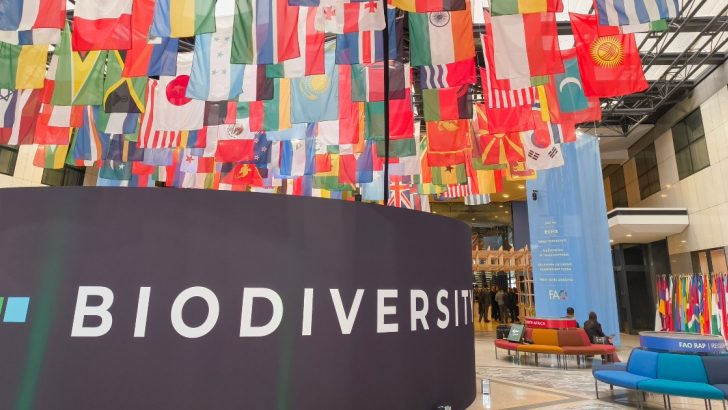
A new study published in the journal Nature Communications proposes a method to extend the estimation of genetic risk (or polygenic scores) factors. This recent innovate study is part of personalized and predictive healthcare for individuals with admixed ancestry. The study was coordinated by University of Padua Professor Luca Pagani of the Biology Department and was conducted by Dr. Davide Marnetto and other researchers from the Institute of Genomics of the University of Tartu, Estonia.
The information available in our DNA is a mosaic of genetic instructions that were inherited from our ancestors, and in many modern societies these accumulative ancestors come from various corners of the globe.
The role of an individual's genetic origin(s) in the risk of developing a certain disease or in the probability of having a given phenotypical trait is one of the most fundamental questions of medical genomics. To overcome this problem, geneticists often focus on relatively homogeneous human populations to better understand the connection between genetic origin and genetic risk. But what can be done for people who derive from the mixture of two or more distant populations, known scientifically as admixed individuals?
“The latest development in personalized medicine, explains first author of the study Dr. Marnetto, “is the need to apply additional modifications to individuals who’s genetic origins is the result of a mixture between two or more populations. In this study, we tried to combine the knowledge gained by studying various human populations in a model that would work for individuals resulting from recent admixtures.”
To separate the various genetic components of individuals, Dr. Marnetto and colleagues used a methods borrowed from the fields of molecular anthropology and population genomics."This research is a good example of the intertwining way we typically think of populations, evolutionary genetics, and medical genomics studies, all of which are the cornerstones of the research conducted at our institute," says Prof. Mait Metspalu, Director of the Institute of Genomics at the University of Tartu, Estonia.
Prof Luca Pagani concludes by saying, “Our work is a solid starting point that demonstrates how the use of an anthropological and evolutionary approach can increase the potential of personalized medicine. I hope that our study will help to include and even benefit individuals who are the result of genetic mixtures through the advantages of personalized and predictive medicine.”




